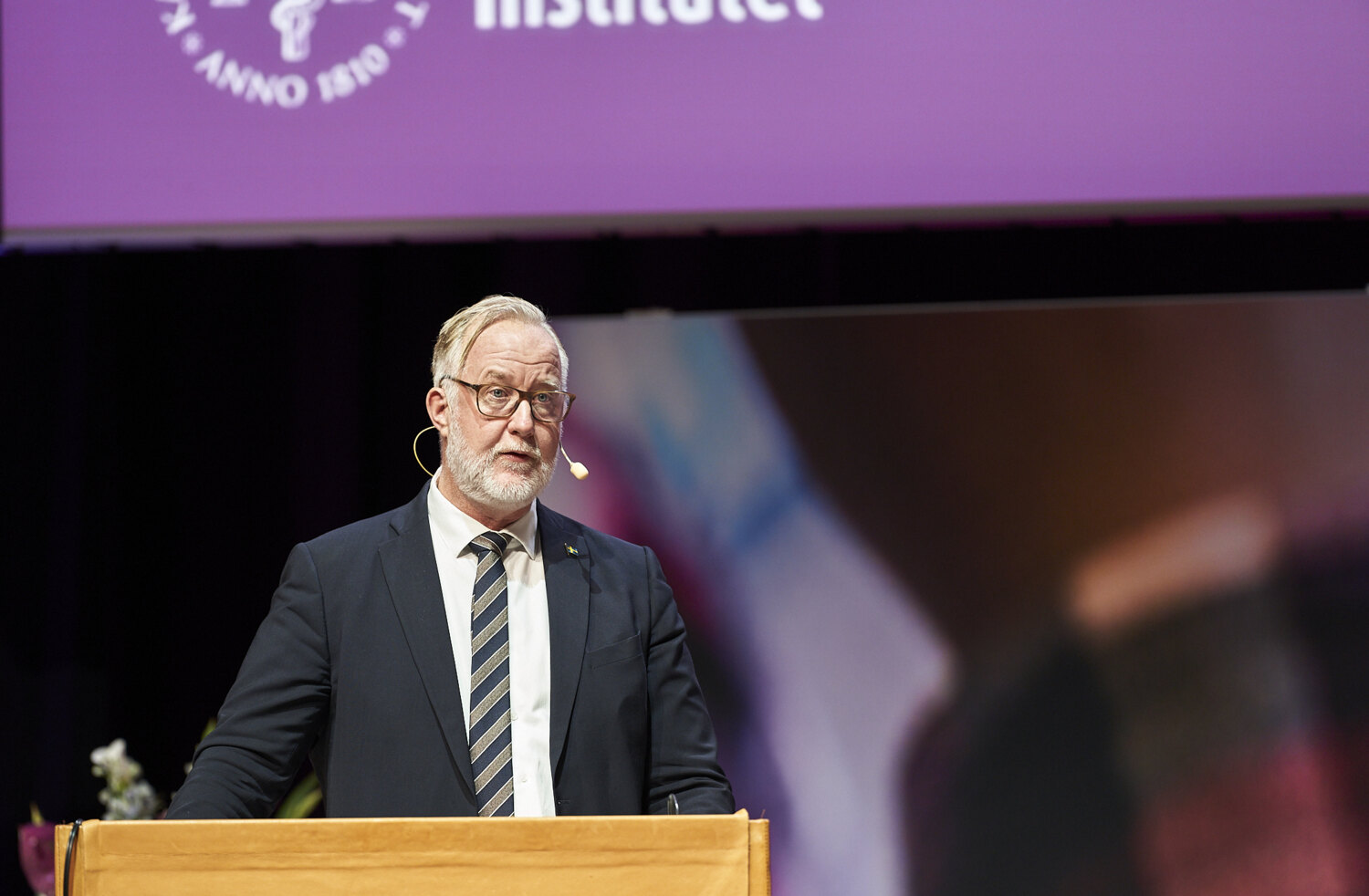The Australasian College for Emergency Medicine (ACEM; the College) welcomes today’s significant mental healthcare announcement by the Victorian Government.
The College has long advocated for additional mental health investment, including funding of the rollout of the interim measures from the Royal Commission into Mental Health as a matter of priority. Commitments announced today, including additional mental health and acute treatment beds, as well as investment in the Hospital Outreach Post-Suicidal Engagement service are all welcomed.
However, as the government acknowledged, Victoria’s mental health system is broken. Systemic improvements must be implemented quickly and comprehensively.
Clearly, additional beds for significantly unwell patients, often facing a range of complex social, medical and substance issues, are welcome, and there is also a need for appropriate emergency department (ED) infrastructure to enable these people to be initially assessed and treated before transfer to a mental health bed.
The College notes funding has been provided for acute treatment beds for public mental health patients in private health services. While it is our strong hope that these beds will be used for their intended public purpose, it is important to reflect that socioeconomic disadvantage can be a risk factor for poor mental health and even poorer access to care. We must maintain focus on ensuring mental health services are accessible for those who need it, when they need it.
There must also be an explicit focus on addressing the dangerously long waits that too many people needing mental health support continue to face for more definitive care or admission to hospital following their initial treatment in EDs.
Whilst ED demand management, including alternative care options, must be more readily available in the community, particularly out of hours, it must be acknowledged that there are some patients too unwell to make this a safe option for them – and EDs and hospitals will continue to play a key role and must be appropriately resourced to do so.
ACEM Victoria Faculty Chair Dr Mya Cubitt said:
“The COVID-19 pandemic has exposed the gaps in our state’s mental healthcare systems as being more like chasms and, on top of existing challenges, emergency departments are facing a whole new range of complex issues and pressures.
“This has been, and remains, a very trying time for all Victorians, reflected in large numbers of people experiencing mental health issues presenting to EDs. We are seeing an increase in patients with acute mental health needs, alongside other challenges, such as homelessness, and presentations due to drug and alcohol harm.
“Hospitals in the inner north and north west are reporting much higher numbers of these complex presentations. These patients require additional time and care, and combined with overcrowding and access block, the situation is contributing to incredibly high stress levels in emergency physicians who have given so much in 2020.
“The experiences of emergency clinicians on the ground tell us that urgent measures are needed. This needs to include more robust, comprehensive and real-time data collection to help identify pockets of strain in the system, and finding solutions to relieve that pressure.
“While most people presenting to EDs in need of mental health assistance are not violent, improved data collection should also focus on tracking and recording violent incidents when they do occur.
“The Government’s response needs also to include mental health support to police, ambulance and ED security staff to help address the many challenges being faced.”
ACEM President Dr John Bonning said:
“For too long across Australia and New Zealand, we have seen issues with people in mental health crisis facing dangerously long waits in EDs for hospital admission or more definitive care following their initial assessment and stabilisation.
“Emergency clinicians and our EDs absolutely have a key role to play in caring for people in mental health distress, and EDs must be resourced and supported to do that. Patients with acute unexpected mental health crisis have as much right to acute care in an ED as someone with an acute medical issue or trauma.
“However, our role cannot extend to caring for people experiencing mental health crisis waiting for definitive psychiatric care for days on end, simply because they have nowhere else to go or there are no inpatient beds for them. This is harmful for patients and ED staff on a number of fronts.
“The noisy, brightly lit and overstimulating ED environment is often a far from therapeutic environment for a person in mental health distress, and long waits can make a bad situation much worse. Additionally, during the ongoing pandemic, crowded EDs pose an unacceptable infection risk for both patients and staff. A key focus for all governments must be on addressing these issues.”
Background:
ACEM is the peak body for emergency medicine in Australia and New Zealand, responsible for training emergency physicians and advancement of professional standards.
In September the College released the report which examines the factors contributing to Australia’s mental healthcare crisis. It contains a comprehensive to help improve care for members of the community seeking mental health support, and address unsustainable pressures on hospital emergency departments.








